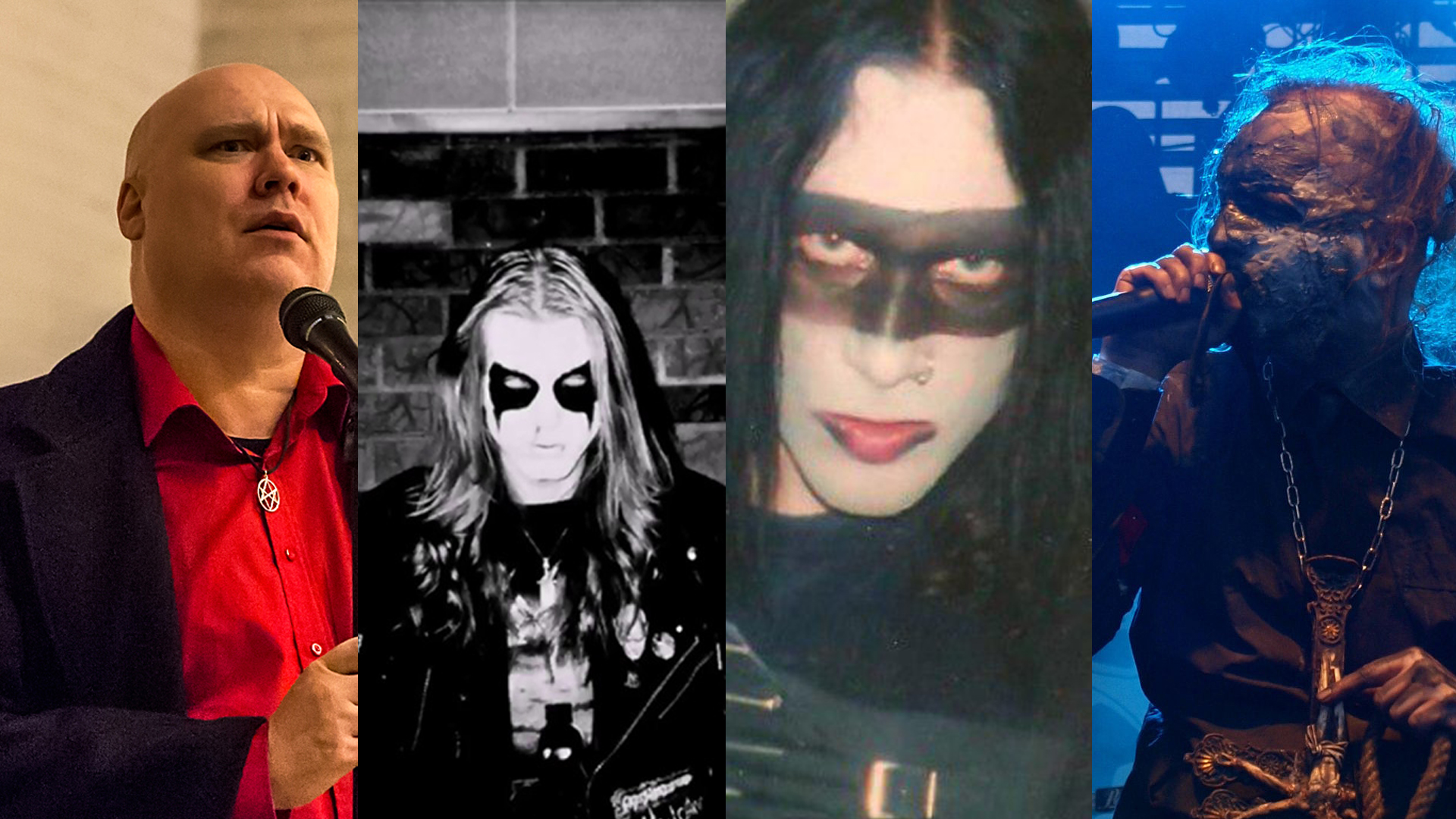Album Review : Mayhem - Grand Declaration of War (2000)
Listen to Grand Declaration of War here
Even at their very best and most iconic, Mayhem were always an acquired taste. The rawness of their production and the multiple alterations to their sound over time made them somewhat of a connoisseur drink among black metal fans. Shitting on Mayhem for trying different stuff was cool, but trying to get into their headspace was a challenge. That’s why I love them. In 2000, the world was eagerly awaiting the follow-up to their iconic 1994 debut De Mysteriis Dom Sathanas, which became Grand Declaration of War. An album that made us collectively say: “Huh?”
Mayhem reissued their eclectic, electro-industrial head scratcher late in 2018, so timing felt right to revisit their weirdest and most difficult release to date in order to answer this crucial question: is it good?
For the uninitiated, Grand Declaration of War is a mix of black metal, electronic body music, spoken word, military cadences, prog rock songwriting and a bunch of other ideas that don’t necessarily fit together. It put listeners off then and it’s still pretty off-putting now. It has some of Mayhem’s trademark fast, abrasive songs, experimental mid-tempo material and the slow, oddly sexy A Bloodsword and a Colder Sun, which could be played in a club scene of a vampire movie. It’s a grab bag of ideas that never latches to an interesting one in particular.
So let’s tackle it by importance of ideas. The most radical change in sound on Grand Declaration of War is the incorporation of mid-tempo, military style spoken word segments on songs like In the Lies Where Upon You Lay, View from Nihil and Crystalized Pain in Deconstruction. They’re interesting in and of themselves, but fit awkwardly in songs next to Maniac’s trademark high-pitched black metal shrills. I wouldn’t have minded interludes that consisted entirely of spoken word. Fuck, I’m the biggest fan of Deathcrush’ electronic opener Silvester Anfang because it’s self-contained, but having the cold and precisely delivered monologues on what are essentially black metal songs comes off as indecisive.
It’s not experimentation if you don’t know where you’re going, you know?
But the addition of spoken word is the only new idea from Grand Declaration of War I still feel the same about. The powerful, but multi-layered A Time to Die exposed in a mere 1:40 everything that Mayhem does well: technical prowess, memorable riffing, crushing vocal performances and, most important, unpredictability. A Time to Die destabilizes the listener right from the get go and sinks him into unknown depths. A Bloodsword in a Colder Sun is half of a good idea. The two parted-song sets a moody atmosphere with whispered incantations, but never really takes off into more than a background song for your deviant sex fantasies. It doesn’t build toward a tangible bigger picture.
I believe that musicians should have the freedom to create what they feel like they should and not necessarily create for their market, but my problem with the songs on Grand Declaration of War is that they feel unfinished. There’s even a silent spell on To Daimonion. Sure, silence is cold and uneasy, but you don’t know throw it in a song like this. If you’re going to play with silence, you need to make it a core part of your creative process otherwise it’s just fucking silence on a song. My favorite song on the record is probably the two-parted Completion in Science of Agony, a nine-minutes odyssey of cosmic horror, that’s mostly black metal. They achieve the cold, clinical feeling without any gimmicks there.
The first time I’ve heard Grand Declaration of War, I thought it was probably how it felt inside the homeless man’s head that constantly spoke to himself out loud at my local McDonald’s. I think it’s still a valid way to describe this record, because of its lack of creative coherence. I don’t believe it achieves its goal of being a black metal manifesto, mostly because it denatures what it claims to be without creating something greater. No wonder why Mayhem went back to doing what they do best afterwards and mostly stopped playing songs from Grand Declaration of War live. It made an important statement regarding black metal and experimentation, but it’s not a successful record.
5/10






